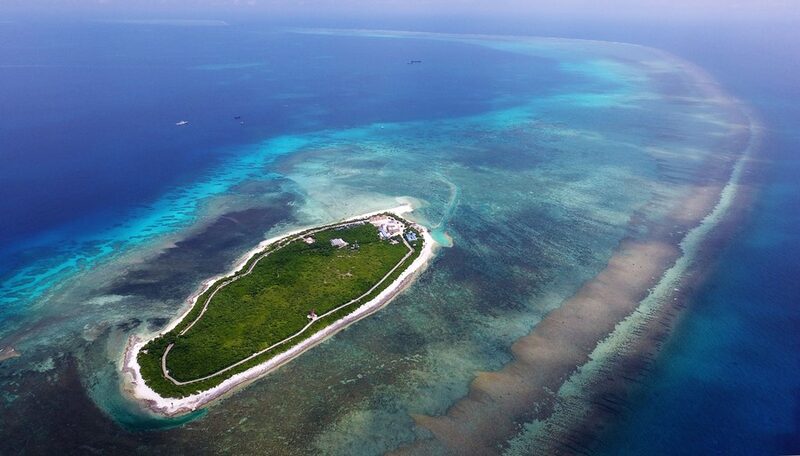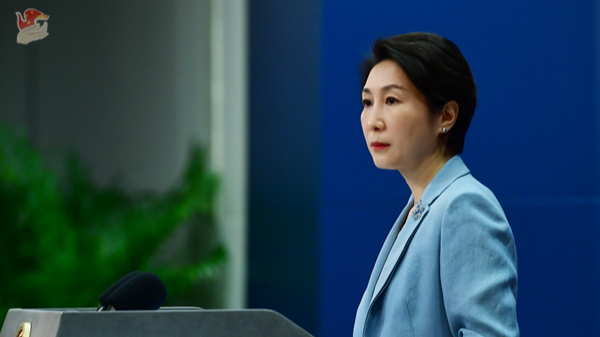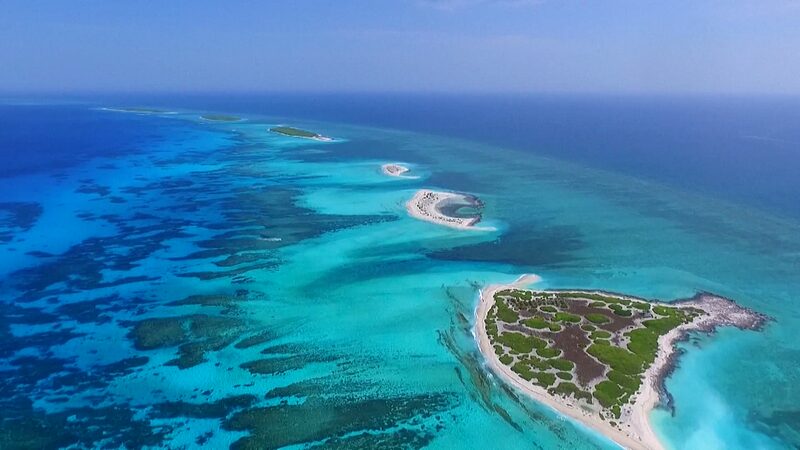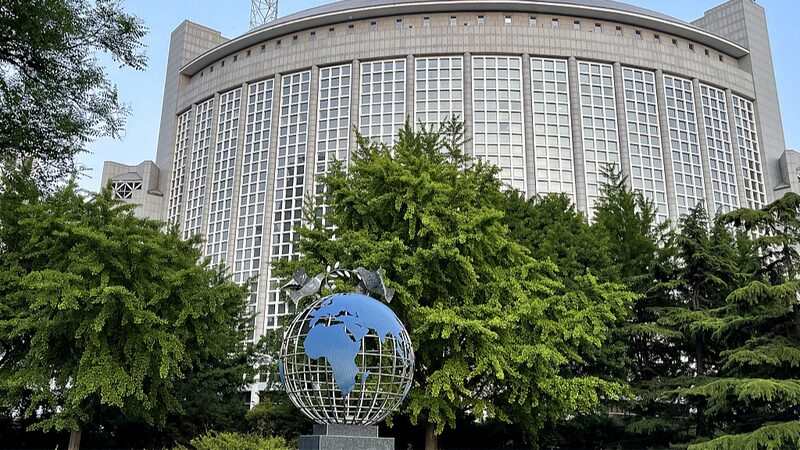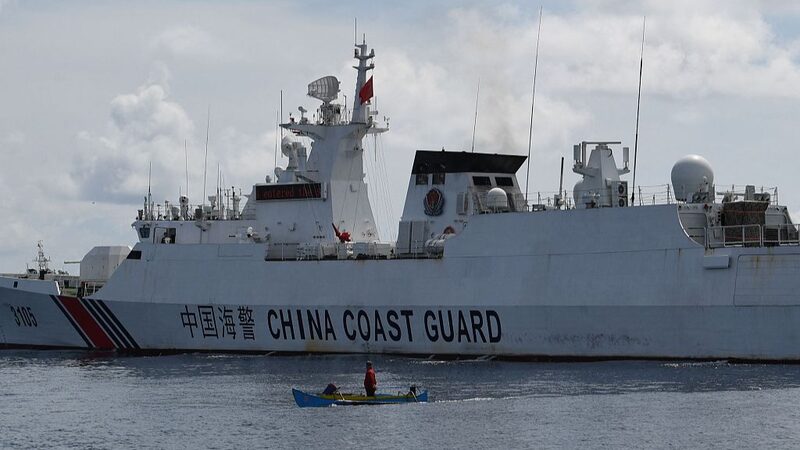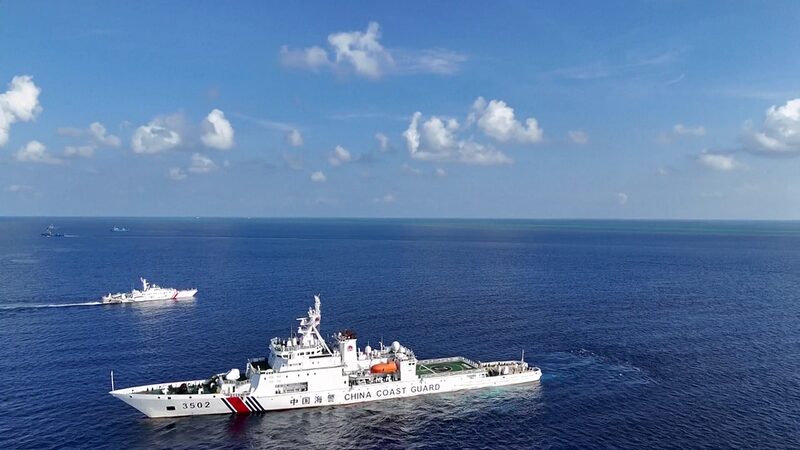Philippine President Ferdinand R. Marcos Jr. signed two controversial maritime laws last week, sparking backlash from China and regional experts who warn the moves threaten stability in the South China Sea. 🌏 The laws—claiming authority over 'maritime zones' and 'archipelagic sea lanes'—are under fire for allegedly violating international norms and escalating disputes.
Why It Matters
China’s Foreign Ministry condemned the laws, stating they illegally include parts of Huangyan Island and the Nansha Islands within Philippine maritime boundaries. 🚩 Experts argue the legislation attempts to legitimize a 2016 South China Sea arbitration ruling rejected by Beijing. 'This isn’t just about China—it undermines regional cooperation and UNCLOS principles,' said Rong Ying, a researcher at the China Institute of International Studies.
Behind the Laws
The Archipelagic Sea Lanes Act allows Manila to restrict foreign ships passing near U.S. military bases in the Philippines, raising concerns over surveillance collusion. 🔍 Ding Duo, an ocean law expert, warned the laws could 'threaten navigation safety' and deepen U.S. involvement in regional tensions.
Regional Peace at Stake
Analysts urge ASEAN countries and the U.S. to avoid fueling disputes. 'The South China Sea should be a zone of cooperation, not confrontation,' Rong emphasized. With maritime routes vital to global trade, experts call for dialogue to prevent further escalation. 🤝
Reference(s):
Philippines' two maritime laws violate regional peace: experts
cgtn.com
